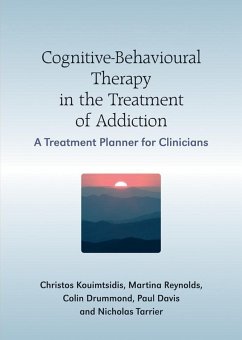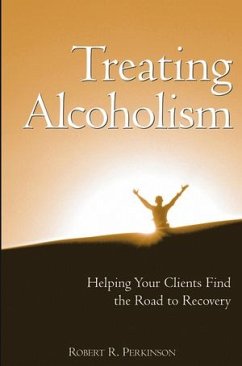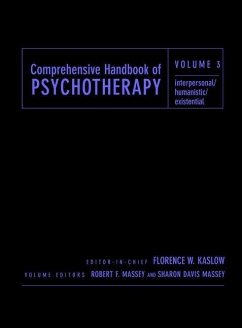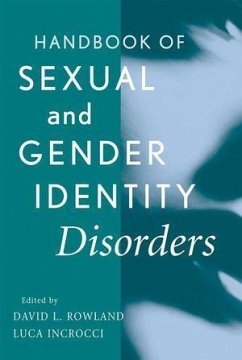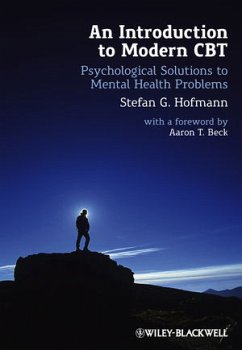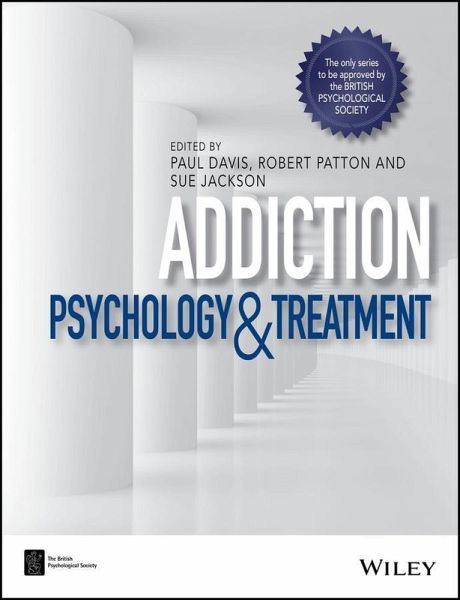
Addiction (eBook, PDF)
Psychology and Treatment
Redaktion: Davis, Paul; Jackson, Sue; Patton, Robert
Versandkostenfrei!
Sofort per Download lieferbar
40,99 €
inkl. MwSt.
Weitere Ausgaben:

PAYBACK Punkte
0 °P sammeln!
Addiction: Psychology and Treatment brings together leading psychologists to provide a comprehensive overview of the psychology of addictions and their treatment across specialities and types of services. * Emphasises the use of several approaches including CBT, psychodynamic and systemic and family treatments, and consideration of the wider picture of addictions * As well as the theories, gives a clear overview of the application of these models * Reflects the very latest developments in the role played by psychological perspectives and interventions in the recovery agenda for problem drug an...
Addiction: Psychology and Treatment brings together leading psychologists to provide a comprehensive overview of the psychology of addictions and their treatment across specialities and types of services. * Emphasises the use of several approaches including CBT, psychodynamic and systemic and family treatments, and consideration of the wider picture of addictions * As well as the theories, gives a clear overview of the application of these models * Reflects the very latest developments in the role played by psychological perspectives and interventions in the recovery agenda for problem drug and alcohol users
Dieser Download kann aus rechtlichen Gründen nur mit Rechnungsadresse in D ausgeliefert werden.




